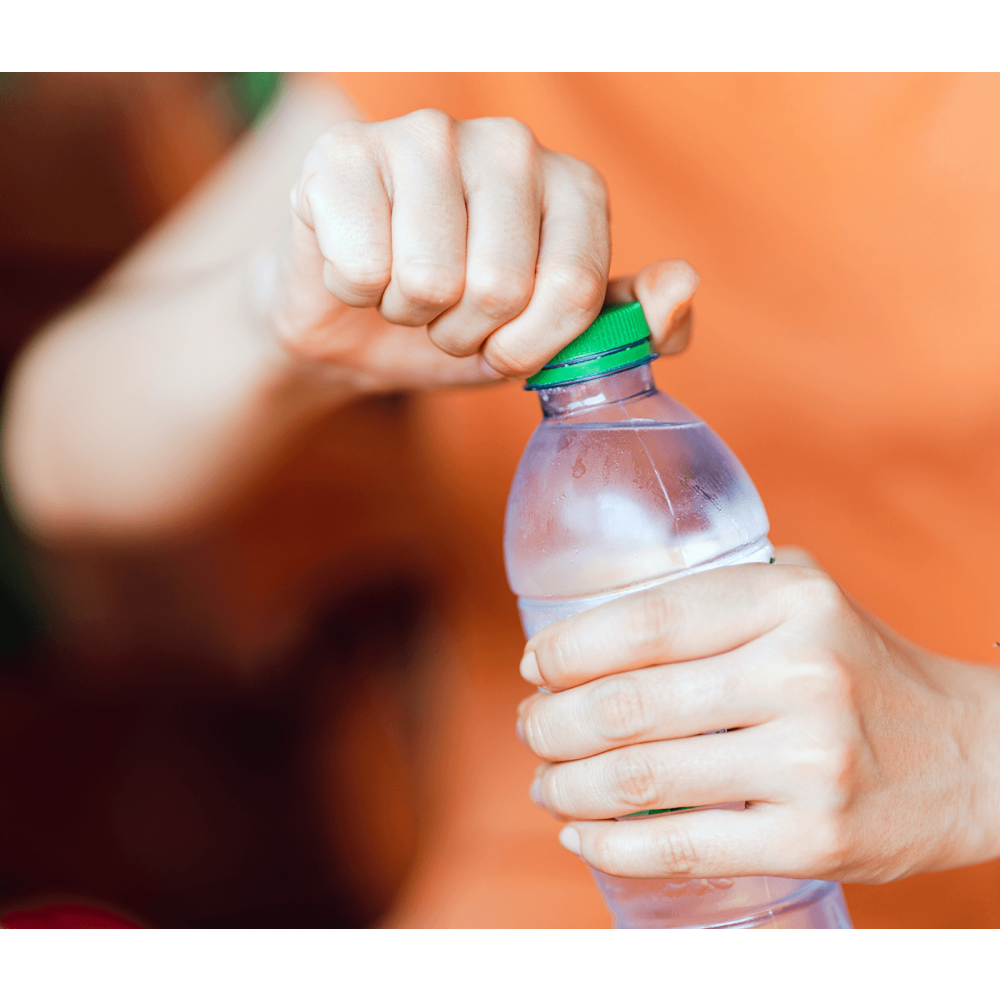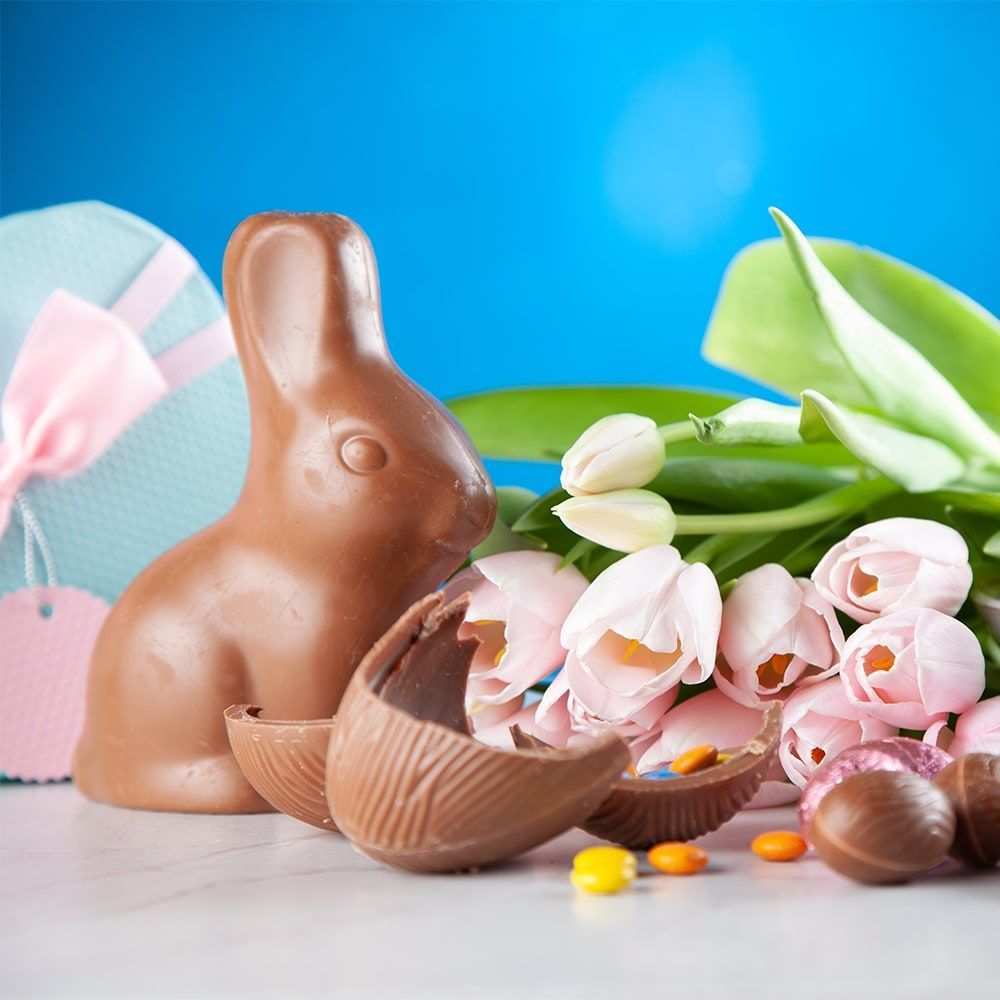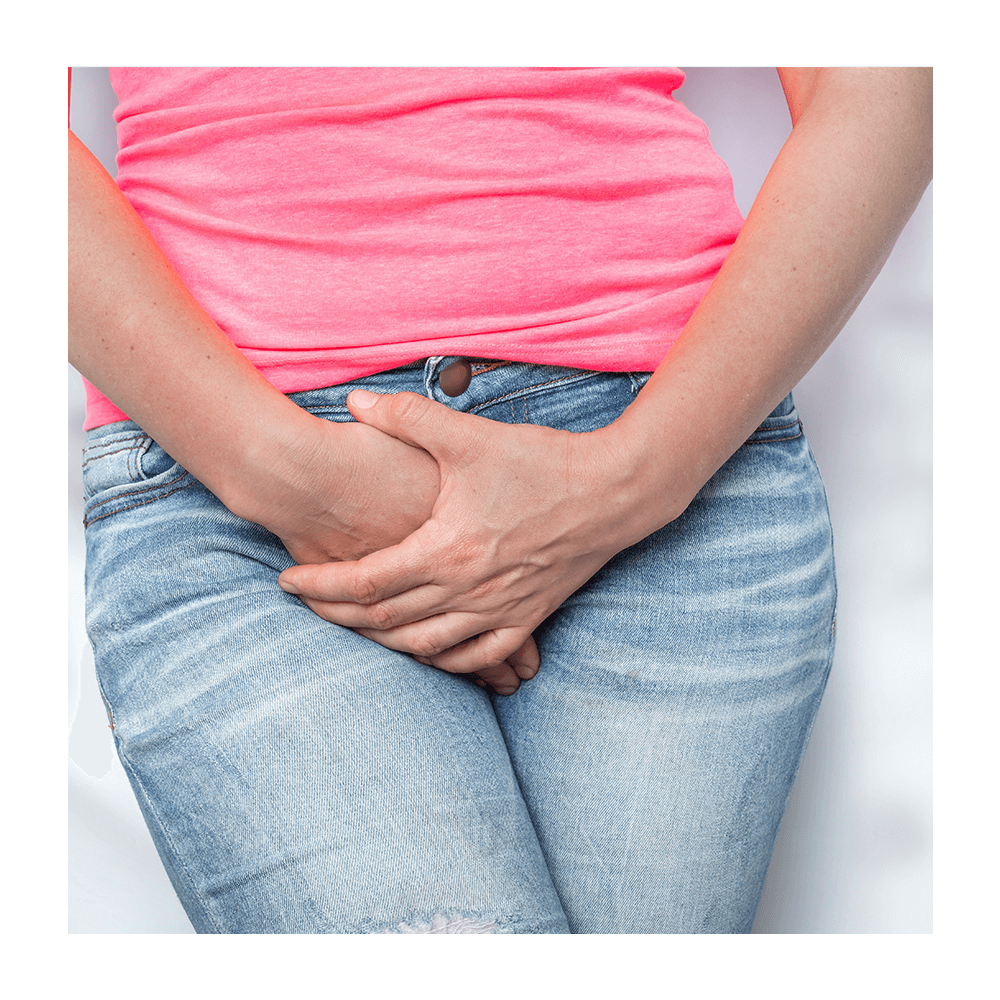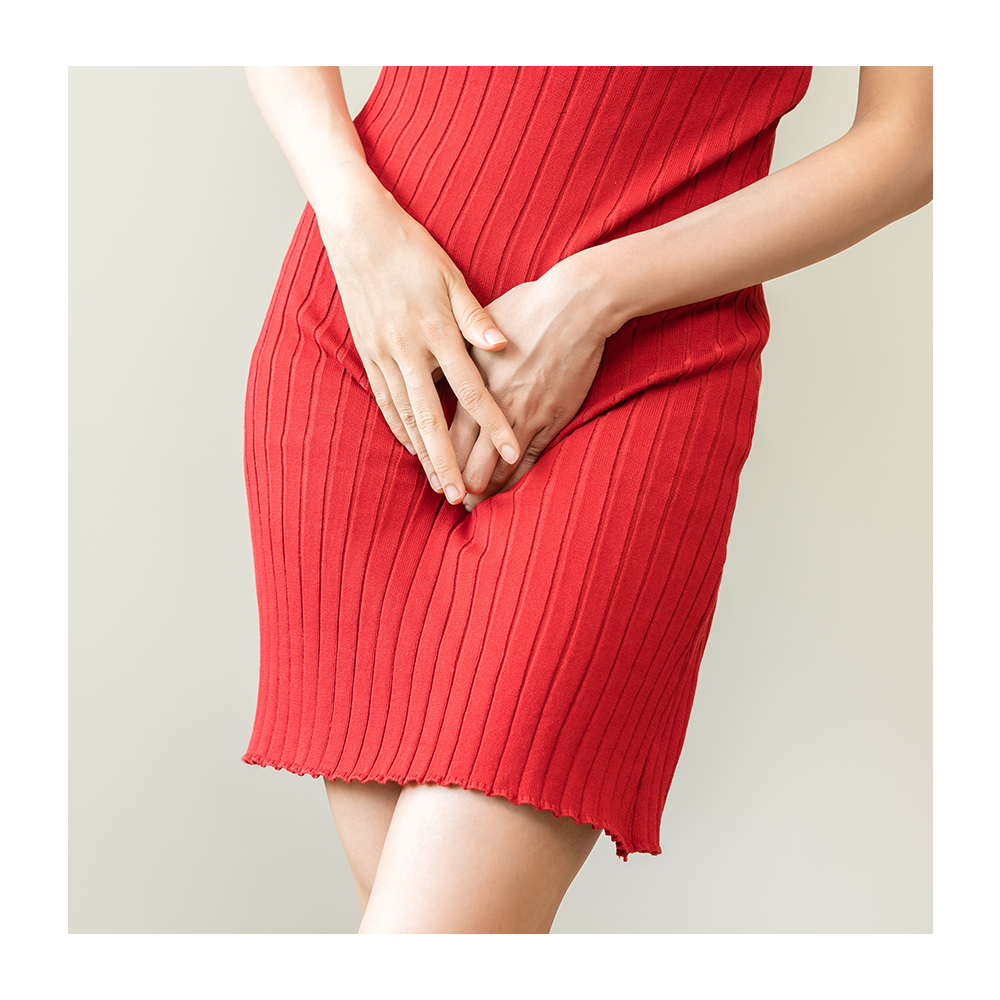19 August 2015
General Fluids and Diet Information to Alleviate Incontinence Symptoms
If you are struggling with incontinence; we would like to share with you some useful lifestyle changes that you could make to your diet to help alleviate some of your incontinence symptoms.
Ensuring a healthy fluid intake
It is important to drink enough fluid each day to keep the bladder healthy. The bladder will work at its best when you drink the right amount of fluid. When you are not drinking enough, the bladder gets used to holding smaller amounts of urine and can become sensitive, especially if your urine becomes more concentrated as then it is more likely to irritate your bladder.
Try to drink at least 1.5-2 litres (at least 3 pints) of fluid each day, remembering that many foods already contain plenty of water in them. If you currently drink less than this, try and increase the amount you drink gradually. Drink fairly small quantities at any one time, regularly throughout the day.
Drinking or 2 glasses (250 to 600ml) of cranberry juice every day can help people who often get urine infections. Cranberry juice helps to flush the infection out of your system because it has a bacteriostatic effect. This prevents bacteria sticking to the lining of your bladder and breeding. However, be careful when shopping for cranberry products as many are very dilute and so you would have to drink a lot to get the benefit. Look out for pure cranberry juices with a cranberry high-fibre diet helps prevent incontinence.
Here is a list of drinks that can irritate your bladder and are best to avoid:
some useful lifestyle changes that you could make to your diet to help alleviate some of your incontinence symptoms.
Ensuring a healthy fluid intake
It is important to drink enough fluid each day to keep the bladder healthy. The bladder will work at its best when you drink the right amount of fluid. When you are not drinking enough, the bladder gets used to holding smaller amounts of urine and can become sensitive, especially if your urine becomes more concentrated as then it is more likely to irritate your bladder.
Try to drink at least 1.5-2 litres (at least 3 pints) of fluid each day, remembering that many foods already contain plenty of water in them. If you currently drink less than this, try and increase the amount you drink gradually. Drink fairly small quantities at any one time, regularly throughout the day.
Drinking or 2 glasses (250 to 600ml) of cranberry juice every day can help people who often get urine infections. Cranberry juice helps to flush the infection out of your system because it has a bacteriostatic effect. This prevents bacteria sticking to the lining of your bladder and breeding. However, be careful when shopping for cranberry products as many are very dilute and so you would have to drink a lot to get the benefit. Look out for pure cranberry juices with a cranberry high-fibre diet helps prevent incontinence.
Here is a list of drinks that can irritate your bladder and are best to avoid:
- Caffeinated tea & coffee
- Green tea
- Hot chocolate
- Fizzy drinks
- Caffeinated energy drinks
- Fresh acidic drinks
 Your diet should contain food that is high in fibre. Dietary fibre is not digested, so it adds bulk to the stools (poo), which is important to keep things moving and to avoid constipation. A poor diet can cause chronic constipation, which can lead to faecal incontinence.
Suggestions for adding more fibre in your diet include:
Your diet should contain food that is high in fibre. Dietary fibre is not digested, so it adds bulk to the stools (poo), which is important to keep things moving and to avoid constipation. A poor diet can cause chronic constipation, which can lead to faecal incontinence.
Suggestions for adding more fibre in your diet include:
- Eat plenty of wholegrain cereals (such as porridge, brown rice, wholemeal pasta, wholemeal bread or pulses – lentils and beans) rather than highly processed or refined food.
- Eat fruit (at least two pieces) and vegetables (at least five serves) every day.
- Drink up to two litres of fluid per day (dietary fibre needs water in order to plump up the stool).
- Being overweight can make your bladder worse. Extra weight may put pressure on pelvic floor muscles which can become weak so it is recommended if possible to try to lose a few pounds.
- Try to take some form of regular exercise. If you are have stress incontinence it may be advisable to avoid high impact exercise such as running and anything involving jumping which can cause abdominal pressure and cause leaks. Low impact exercises like walking and swimming cause fewer problems and will help with any weight issues.
- If you are a smoker, try to give up smoking. A persistent smoker’s cough can make your problems worse. Visit your GP for information and advice about giving up.






